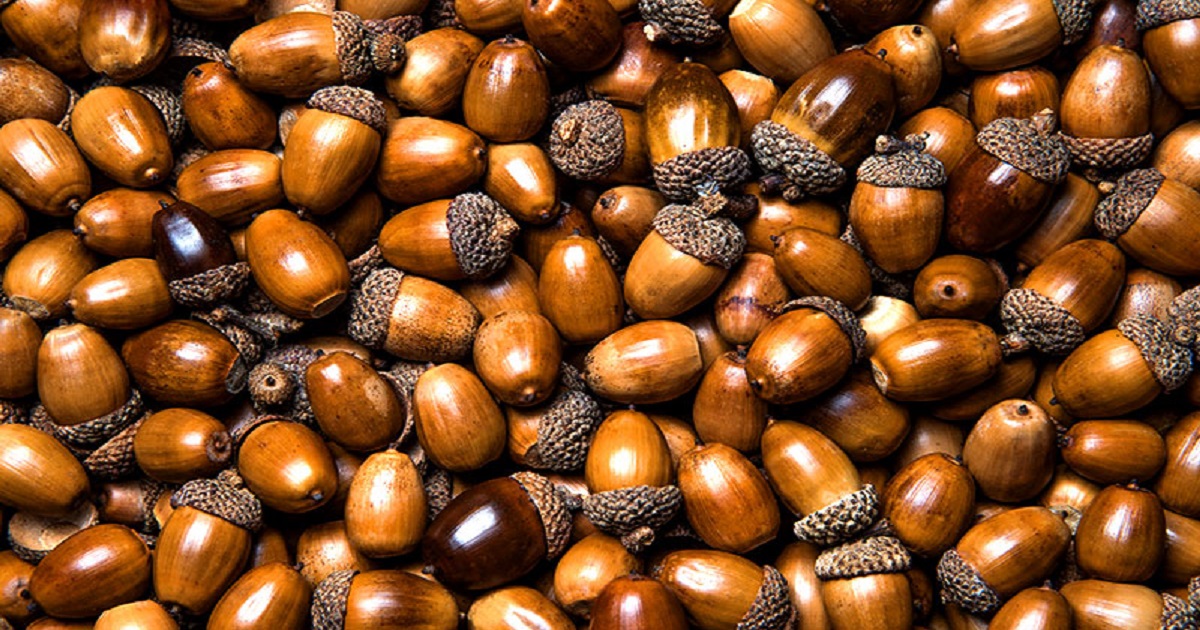Acorn nuts, also known as cap nuts or dome nuts, are a type of fastener widely used in various industries for their functional and aesthetic benefits. With their distinctive dome-shaped top resembling an acorn, these nuts offer both practicality and visual appeal in a range of applications.
Introduction to Acorn Nuts
What are Acorn Nuts?
Acorn nuts are specialized nuts featuring a domed top, which serves both functional and decorative purposes. They are typically hexagonal in shape with a smooth, rounded top resembling an acorn, hence the name. These nuts are designed to cover exposed threads of bolts or screws, providing a finished look while also offering protection against potential damage and injury.
History and Origin
The concept of acorn nuts dates back centuries, with early examples found in various ancient civilizations. The design evolved over time, becoming a staple in modern fastening systems across industries such as construction, automotive, and furniture assembly.
Types of Acorn Nuts
Acorn nuts are available in various materials and sizes to suit different applications. Some common types include:
Steel Acorn Nuts
Steel acorn nuts are durable and versatile, making them suitable for a wide range of applications. They offer excellent strength and resistance to wear and tear, making them ideal for heavy-duty use.
Stainless Steel Acorn Nuts
Stainless steel acorn nuts are highly corrosion-resistant, making them ideal for outdoor and marine applications where exposure to moisture and harsh weather conditions is a concern. They provide long-lasting performance and a polished appearance.
Brass Acorn Nuts
Brass acorn nuts offer a unique aesthetic appeal with their warm, golden hue. They are commonly used in decorative applications where visual appeal is a priority, such as furniture assembly and architectural accents.
Nylon Acorn Nuts
Nylon acorn nuts are lightweight and non-conductive, making them suitable for electrical applications where insulation is required. They are also resistant to corrosion and chemicals, offering reliable performance in challenging environments.
Uses and Applications
Acorn nuts find widespread use across various industries due to their versatility and functionality. Some common applications include:
- Construction Industry: Acorn nuts are used in construction projects for securing structural components and finishing touches, providing both strength and visual appeal.
- Automotive Industry: In automotive assembly, acorn nuts are utilized for securing components and adding a decorative finish to vehicle interiors and exteriors.
- Furniture Assembly: Acorn nuts are commonly used in furniture assembly for attaching legs, handles, and other hardware, enhancing both functionality and aesthetics.
How to Choose the Right Acorn Nut
Selecting the appropriate acorn nut for your specific application is crucial for optimal performance and safety. Consider the following factors when choosing:
Material Considerations
Choose a material that suits the environmental conditions and functional requirements of your application. Steel and stainless steel are ideal for general-purpose use, while brass offers decorative appeal and nylon provides insulation.
Size and Thread Specifications
Ensure that the acorn nut matches the size and thread specifications of the corresponding bolt or screw. Using mismatched components can lead to improper fitment and compromised integrity.
Application-Specific Requirements
Consider any unique requirements of your application, such as load-bearing capacity, temperature resistance, and exposure to chemicals or moisture. Select an acorn nut that meets these specifications for optimal performance.
Installation Guide
Installing acorn nuts is a straightforward process that can be completed with basic tools and equipment. Follow these steps for proper installation:
Tools Required
- Wrench or socket set
- Screwdriver (if applicable)
Step-by-Step Process
- Insert the bolt or screw through the desired mounting hole.
- Place the acorn nut over the exposed threads of the bolt or screw.
- Use a wrench or socket set to tighten the acorn nut securely in place.
- Ensure that the nut is seated flush against the surface to provide a finished appearance.
Advantages of Acorn Nuts
Acorn nuts offer several benefits that make them a preferred choice for fastening applications. Some key advantages include:
Aesthetic Appeal
The domed top of acorn nuts adds a decorative touch to finished assemblies, enhancing the overall appearance of the structure or product.
Added Safety
By covering exposed threads, acorn nuts help prevent snagging, injuries, and damage to surrounding surfaces, improving safety in various environments.
Corrosion Resistance
Certain materials, such as stainless steel and nylon, offer excellent resistance to corrosion, ensuring long-lasting performance even in harsh conditions.
Common Mistakes to Avoid
While installing and using acorn nuts, avoid the following common mistakes to ensure optimal performance and longevity:
Over-Tightening
Applying excessive force when tightening acorn nuts can strip threads or damage components, compromising the integrity of the fastening assembly.
Choosing the Wrong Size
Using acorn nuts that are too small or too large for the corresponding bolts or screws can result in improper fitment and reduced effectiveness.
Neglecting Material Compatibility
Ensure that the material of the acorn nut is compatible with the surrounding environment and other components to prevent corrosion, galvanic corrosion, or chemical reactions.
Maintenance Tips
To ensure continued performance and longevity of acorn nuts, follow these maintenance tips:
Regular Inspection
Periodically inspect acorn nuts for signs of wear, corrosion, or damage. Replace any worn or damaged nuts promptly to prevent structural issues or safety hazards.
Lubrication
Apply a lubricant to the threads of bolts or screws before installing acorn nuts to facilitate smooth tightening and reduce the risk of galling or seizing.
Where to Buy Acorn Nuts
Acorn nuts are readily available from various sources, including local hardware stores and online suppliers. Consider factors such as material, size, and quantity when selecting the right supplier for your needs.
Conclusion
Acorn nuts are versatile fasteners that offer both functional and aesthetic benefits in a wide range of applications. By understanding the different types, uses, and installation methods, you can select the right acorn nuts for your specific needs and ensure optimal performance and safety.



